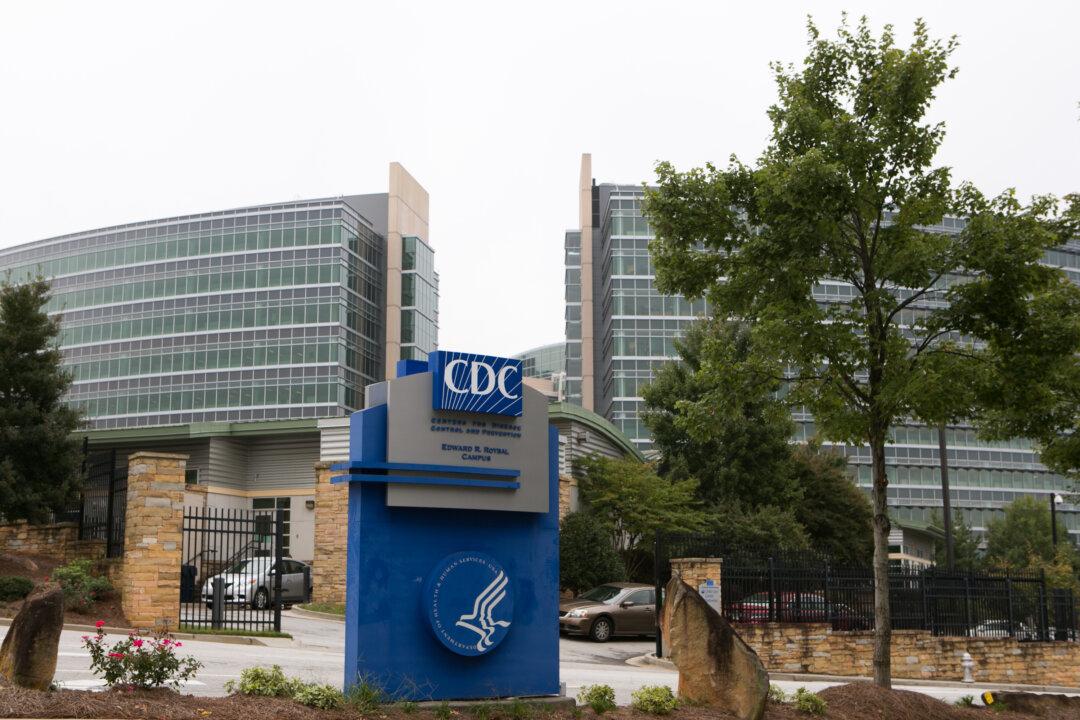The U.S. government overcounts COVID-19 hospitalizations, according to officials with the Centers for Disease Control and Prevention (CDC), but the agency suggested that it doesn’t overcount deaths.
COVID-19 hospitalizations listed on the CDC’s data tracker webpage, which is utilized by a wide variety of health officials, journalists, and others, include three types of hospitalizations, the CDC said in a Jan. 27 statement.





